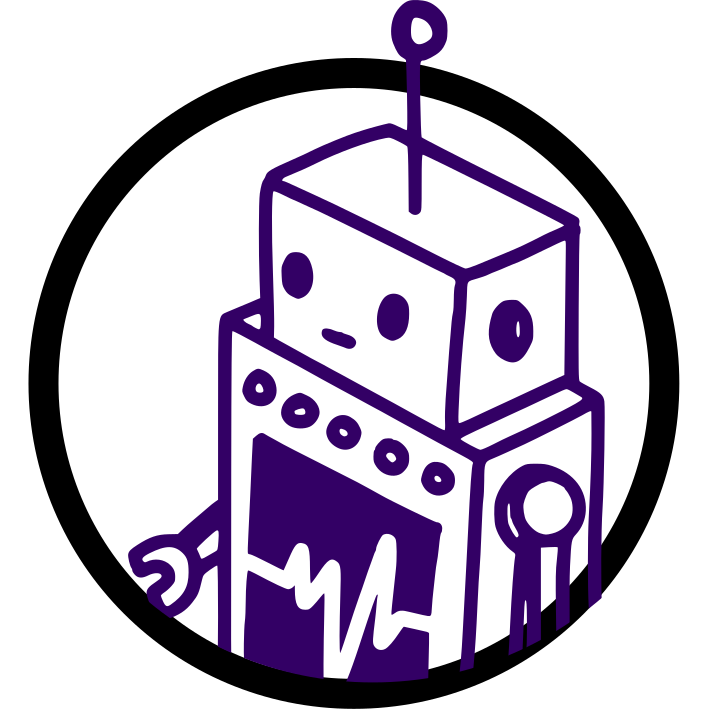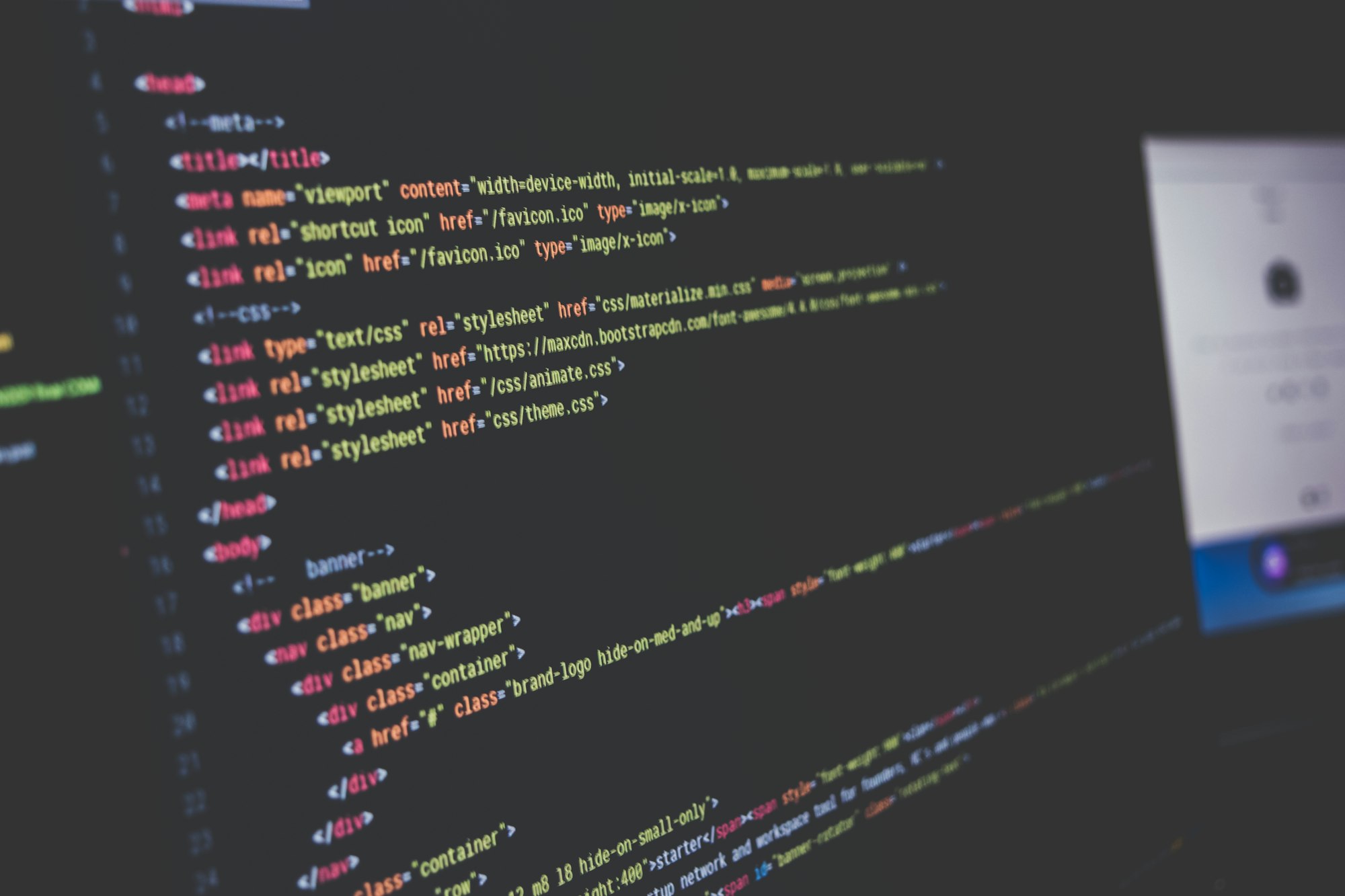The travails of refactoring
If you spent long enough coding, you would meet this term: refactoring. The Agile Alliance defines it as “improving the internal structure of an existing program’s source code, while preserving its external behavior”. To paint a picture, it's like tending your garden. Get rid of some leaves, trim the hedges, and maybe add some accessories. It's still a garden, but it's further away from ruin.
In real life, I don't have a garden, and I also hate gardening. It's not the dirt, it's the work.
Similarly, I am also averse to refactoring. The fun is bringing your idea to life and figuring out the means to get there. Improving the work? I will do that some other day.
Lately, I have had the chance to revisit some work. In my latest post, I transform my pdpc-decisions work to scrapy. It's something I put off for nearly a year because I was not looking forward to learning a new framework to do something I had already accomplished.
Take your web scraping to a new level: Let’s play with scrapyChanging my code to scrapy, a web scraping framework for Python, was challenging but reaped many dividends. Love.Law.Robots.Houfu
Love.Law.Robots.Houfu
In the end, the procrastination didn't make sense. I was surprised I completed the main body of code within a few days. It turned out that my previous experience writing my web scraper helped me to understand the scrapy framework better.
On the other hand, revisiting my old code made me realise how anachronistic my old programming habits were. The programmer in me in 2020 was much different than I am now. The code I would like to write now should get the job done and be easy to read and maintain.
I reckon in many ways, wanting the code to be so perfect that I could leave it out of my mind forever grew from my foundation as a lawyer. Filings, once submitted, can't be recalled. Contracts, once signed, are frozen in its time.
My experience with technology made this way of thinking seem obsolete. Our products are moulded by our circumstances, by what is available at the time. As things change, the story doesn't end; it's only delineated in chapters. The truth is that there will always be another filing, and a contract can always be amended.
I reckon that lawyers shouldn't be stuck in their old ways, and we should actively consider how to improve the way we work. As time goes by, what we have worked on becomes forgotten because it's hard to read and maintain. I think we owe it to society to ensure that our skills and knowledge are not forgotten, or at least ensure that the next person doesn't need to walk the same path repeatedly.
As I look into what else in my code needs refactoring, I think: does the code need to be changed because the circumstances have changed, or because I have changed? Sometimes, I am not sure. Honestly. 🤔
Data Science with Judgement Data – My PDPC Decisions JourneyAn interesting experiment to apply what I learnt in Data Science to the area of law. Love.Law.Robots.Houfu
Love.Law.Robots.Houfu
#Newsletter #Lawyers #scrapy #WebScraping #Programming
Love.Law.Robots. – A blog by Ang Hou Fu
- Discuss... this Post
- If you found this post useful, or like my work, a tip is always appreciated:
- Follow [this blog on the Fediverse]()
- Contact me:

